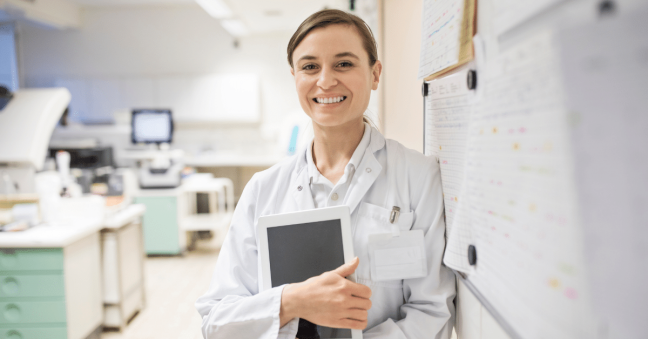From Desire to Determination: A Positive Mindset for PhD Success
Developing a strong & determined mindset is crucial for combatting the challenges you will undoubtedly face on the path to your life science PhD. Guest blogger Dr Abiola Isawumi shares his advice & tips on maintaining a positive mindset for PhD success…






















